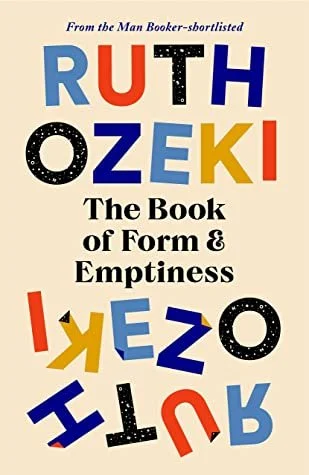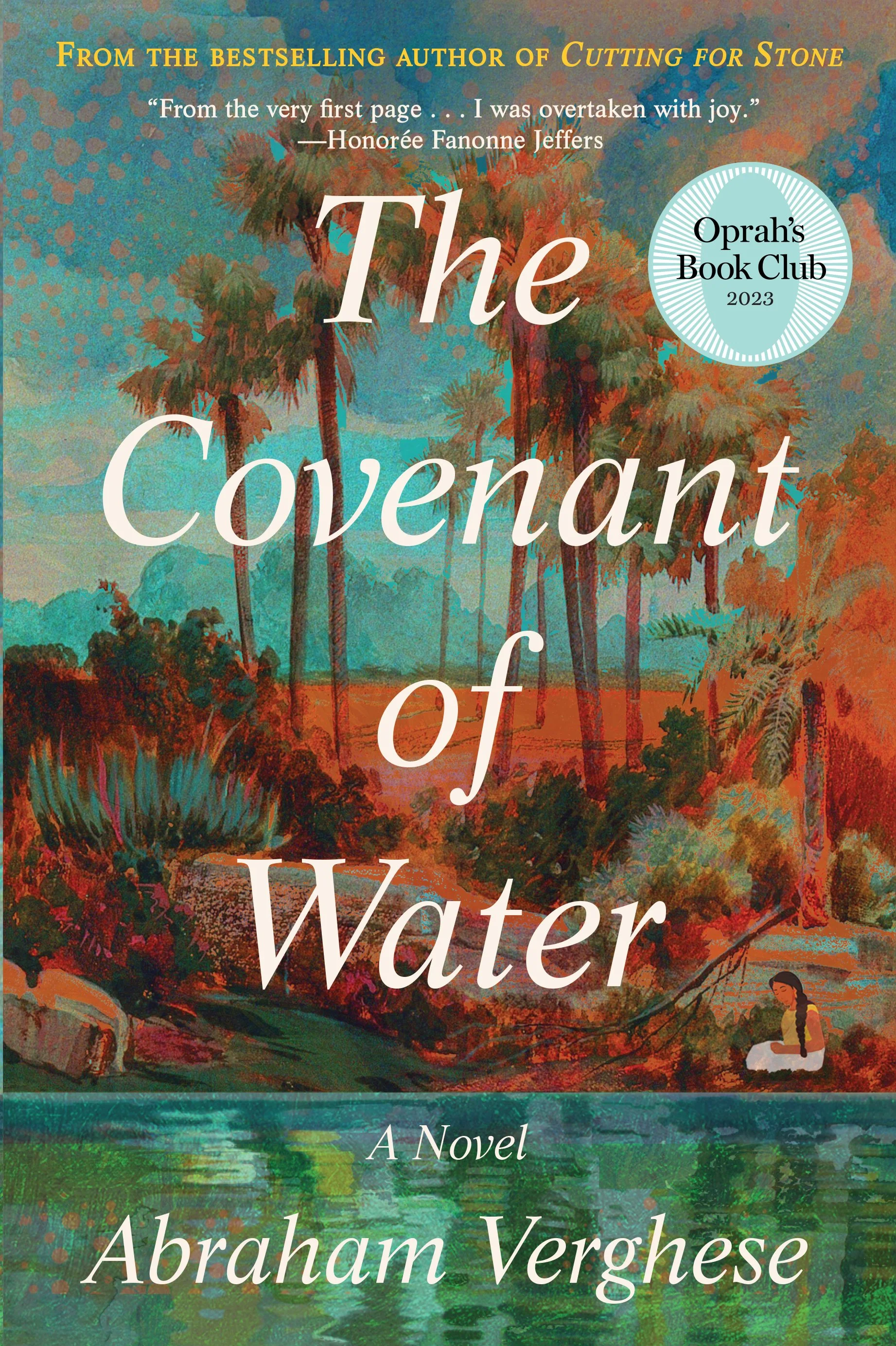THE AGE OF INNOCENCE
by Edith Wharton
Every once in a while, I like to read a classic novel that I feel I should have read, but haven’t. Especially when I can pick it up for a few bucks at a library sale! And although I enjoyed my trip to Victorian-era New York, I was expecting more from the first novel by a woman ever to win the Pulitzer Prize. For example, that it might have a female protagonist…
But no, for those who haven’t read it, or seen the 1993 Martin Scorsese film adaptation, our protagonist is Newland Archer—young bachelor and man-about-town who enjoys opera, reading in his library, and making sure everyone else in New York is following the same rules of “form” as he. He is engaged to be married to the young and lovely May Welland, but as their engagement is announced, her mysterious and disgraced cousin Ellen returns to town, having run away from her husband, a rich but potentially abusive count. Newland naturally develops feelings for her and the rest of the novel chronicles Newland’s struggle between the expected and the exciting, the known and the unknown.
This plot is nothing unusual or mind-blowing, although I try to remind myself when reading classic novels that these plots are tropes because of the popularity of novels like The Age of Innocence. And I am never one to say no to a well-written experience of a fashionable time and place: I loved the descriptions of the teas and balls and weddings and summer vacations! But having been written by a woman, I guess I expected the women to have a bit more to say. Ultimately both women find ways to act in their own interest, but they are both very much within their realms, and neither seems inclined to question or even discuss the system that is keeping them there.
I am certainly glad to have experienced this book, and I am sure now that I have read it I will catch references and allusions to it that I would have otherwise missed. But I wouldn’t suggest you rush out and put this at the top of your reading list, I found it more educational than entertaining. (Lily)






